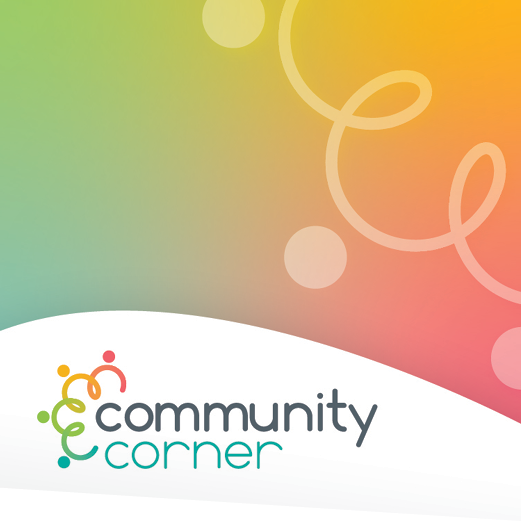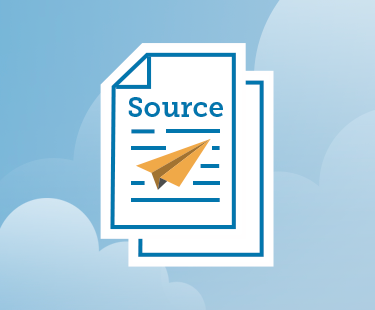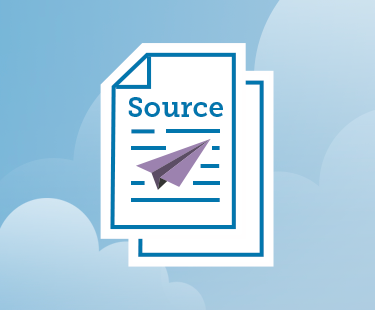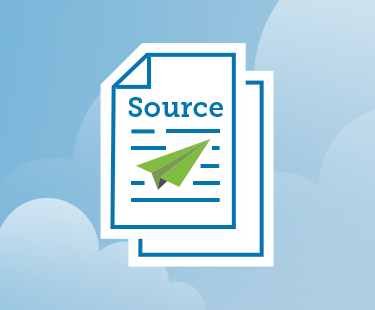

Stay current with the latest private-independent school news.
What are the latest trends impacting private-independent school enrollment? How can you be the most effective in your role as an administrator? How can you help your school meet its mission and best serve your students?
Check out Community Corner, a free blog from ISM.
We cover such topics as how to communicate with your constituencies, work with your fellow school leaders, leverage new technology trends, utilize recommended reading and resources, implement new strategies—all to better serve your school's mission.
Search
See articles for School Heads, Business & Operations, Advancement, Academic Leadership, and Trustees, in addition to Private School News.
19 Qualities of Superior Academic Leadership
School Heads // January 21, 2016
Leaders often possess a raw, natural charisma and energy, being the centers around whom others naturally congregate. But, there are distinct qualities which conscientious leaders—particularly academic leaders—actively cultivate to better both themselves and those around them. These people are the ones for which you should watch as you enter this year’s hiring and promotion season.
Read MoreNew Fundraising Report Suggests Organizations Suffer Donor Attrition
Advancement // January 19, 2016
The Association of Fundraising Professionals recently released its tenth annual survey, the 2015 Fundraising Effectiveness Survey Report (FEP). While it’s not specifically geared toward private-independent schools, its findings—particularly those surrounding donor attrition and retention—offer some intriguing fundraising opportunities for organizations who care to pay attention.
Read MoreFour Steps to Donor Personas
Advancement // January 19, 2016
Buyer personas are useful marketing tools for businesses, as they break down a typical customer's likes, dislikes, attitudes, and habits. Similarly, "donor personas" help the Development Office better identify and appeal to potential donors—but you have to craft them first. Take these four steps to write donor personas that help you craft effective, poignant communication with those who want to help your school grow.
Read MorePictures Are Worth a Thousand Words—Or a Thousand Student Applications
Advancement // January 13, 2016
Pictures spice up plain text and lead to greater audience attention. (There’s a reason why we publish Source articles with images!) They’re an important part of your communications strategy, and should be used, well, strategically. Images tell your school's story in ways that other mediums cannot. Pictures document moments and connect viewers to the spirit, energy, and excitement of your school's programming. So grab your camera and become a new-age bard by using these storytelling tips through the photos you select to attract interest and investment in your school.
Read MoreTwo Reasons Why Families (Might) Leave Your School
Advancement // January 13, 2016
It’s January, which means there’s a fresh crop of potential student applications piled on your desk, waiting to be evaluated. While you’re combing through these forms, you’ve got a second form of recruitment this spring to remember: Re-recruitment. Just because your students currently attend your school doesn’t mean that they’ll automatically plan to return this fall. Here, then, are two reasons why families may choose not to re-enroll at your school for the 2016-2017 academic year.
Read MoreAsk ISM's Health Care Reform Specialist
Business and Operations // January 12, 2016
Q: We just got our renewal numbers for health insurance for the coming year, and they have us in the small group market. I thought that if you had 51 or more employees, you remained in the large group market. Did I receive the wrong quote?
Read MoreThe Best of the Worst Job Applications
Business and Operations // January 12, 2016
While it’s only January, hiring season is quickly approaching. To prepare you for the onslaught of résumés and cover letters, we thought we’d offer you a humorous look at some other hiring managers’ “best of the worst” employment applications, collected from every corner of the World Wide Web. Are they true? We can’t say for sure, but they’re certainly entertaining.
Read MoreThree Policy Hurdles to Double-Check
Business and Operations // January 12, 2016
Reviewing your employee handbook—that central document every school employee is expected to read and comply with—mid-year while you can see your school’s policies in action is always a smart idea. While you may already have some adjustments in mind for next year’s edition, we’d like to point out three policy pain points to keep in the back of your mind during your review.
Read MoreFive Ideas for Protecting Your Food-Allergic Students
Business and Operations // January 5, 2016
With holiday celebrations behind us—including classroom parties, bake sales, and seasonal concerts that with festive intermission snacks—you might be taking some time over your break to think about refreshing your policies on food allergies. (Or, create one.) Allergy emergencies are intense, and, depending on the level of preparedness of your faculty and staff, they can be downright frightening. However, implementing too strict of policies can leave food-allergic students feeling isolated and outcast.
Read MoreStaying Positive In Negative Environments
Business and Operations // January 5, 2016
The holidays aren’t joyful times of the year for everyone. In fact, for some, the season triggers depression and lingering sadness. It can be a challenge to hold onto your positivity when those around you just want to rain on the parade. Staying positive is good for your health, though. Pessimistic people have a 20% higher risk of dying over a 30-year period than optimistic people. Smiling is healthy. Laughter is healing. And, even if you, are in a seasonal slump, these few tips can help you to keep focused and keep positive.
Read More



